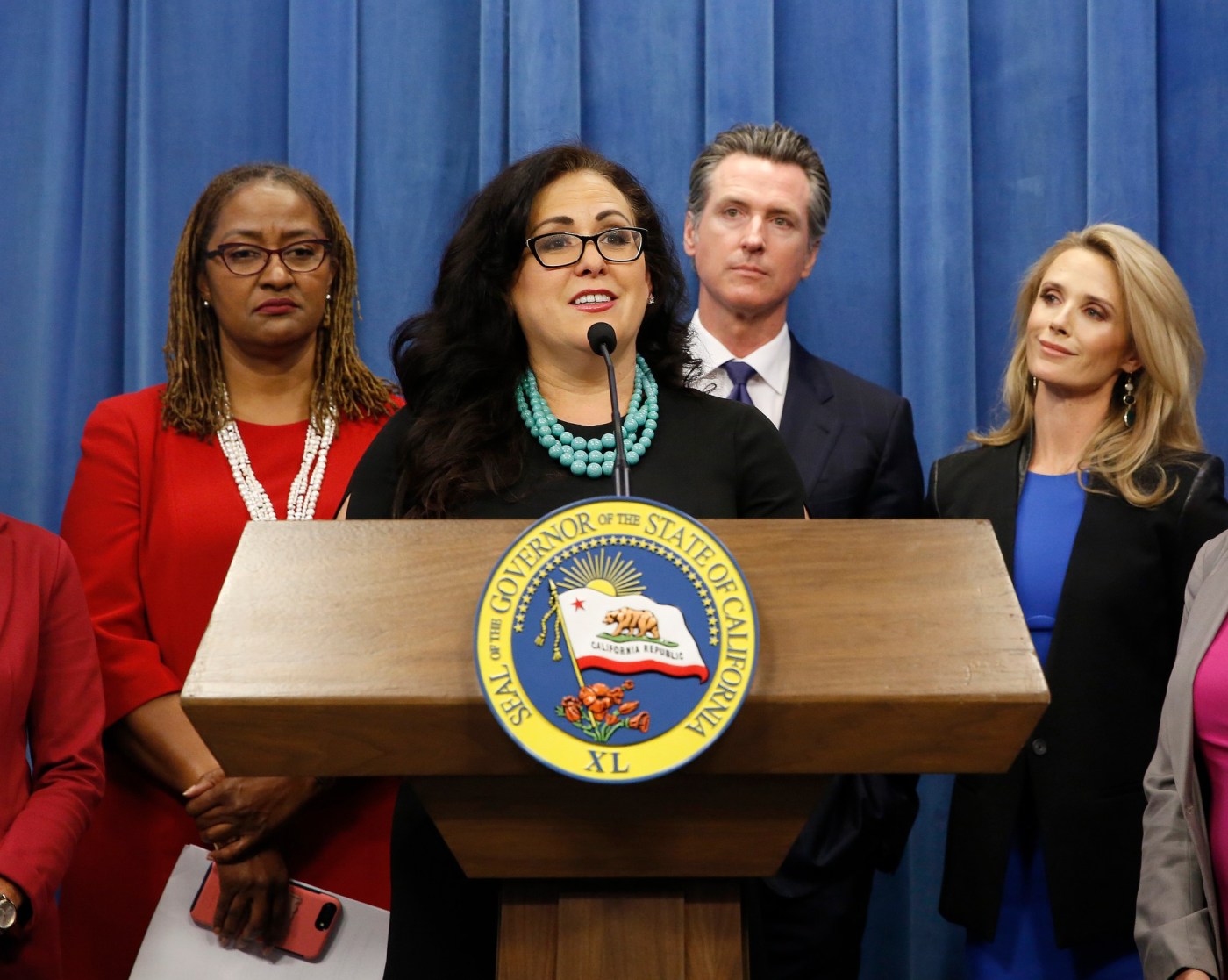California’s Assembly Bill 218 has raised significant concerns about its impact on the state’s public agencies, particularly school districts and local governments. The legislation, introduced by Assemblymember Lorena Gonzalez-Fletcher, extends the statute of limitations for civil claims related to childhood sexual abuse. Critics argue that this extension could lead to financial strain on already struggling public entities.
The bill builds on a previous attempt, Assembly Bill 3120, which was vetoed by then-Governor Jerry Brown in 2019. Brown’s veto was based on a historical understanding of statutes of limitations, emphasizing fairness and the challenges posed by aging evidence and fading memories. He noted that similar legislation in 2002 prompted over 1,000 claims against the Catholic Church, resulting in settlements exceeding $1.2 billion.
Despite these concerns, Gonzalez-Fletcher persisted. In 2019, with a new governor in office, Gavin Newsom, she reintroduced the measure as Assembly Bill 218. This bill passed through the Legislature, largely without opposition, as many Republican lawmakers abstained from voting. Ultimately, Newsom signed the bill into law, which is now set to impact various public agencies across California.
The financial repercussions of AB 218 are already becoming apparent. The Los Angeles Unified School District announced plans to issue $500 million in bonds to cover potential lawsuit settlements. Similarly, the County of Los Angeles is preparing to issue $4 billion in bonds for the same purpose. These actions illustrate the stress that AB 218 will place on the fiscal health of these entities, already rated poorly in financial rankings.
Critics, including former State Senator John Moorlach, warn that the bill could have devastating effects on school districts and local governments that believed they had resolved past legal issues. Moorlach expressed his concerns during legislative debates, stating that extending the statute of limitations would hinder these organizations’ ability to obtain insurance and could lead to increased premiums.
As California’s financial landscape continues to evolve, the implications of AB 218 will likely unfold over the coming years. Public agencies must now grapple with the uncertainty of new claims and the financial burdens they may incur as a result.
Looking ahead, it remains to be seen how other municipalities will respond to the challenges posed by this legislation. The long-term fiscal health of California’s public agencies is at stake, as they navigate the implications of AB 218 and its potential to reshape their financial future. As the state continues to deal with these evolving legal and financial challenges, the decisions made by Gonzalez-Fletcher and Newsom will likely be scrutinized for years to come.





































































